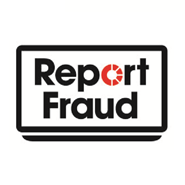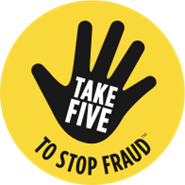
Invoice and Mandate Scam
How to protect yourself from scammers posing as trusted individuals or organisations, tricking you to send funds to an account they control by providing you with new or amended bank account details.
Invoice and Mandate Scams?
In an invoice or mandate scam, the victim attempts to pay an invoice to a legitimate payee, but the criminal intervenes to convince the victim to redirect the payment to an account they control. It includes criminals targeting consumers posing as conveyancing solicitors, builders, and other tradespeople, or targeting businesses posing as a supplier, and claiming that the bank account details have changed. This type of fraud often involves the criminal either intercepting emails or compromising an email account.
Tips on how to spot an invoice scam
- You receive new bank details from an existing service provider (such as a builder, solicitor or other tradesperson) that are different to the account details you hold.
- You receive duplicate or more frequent invoices for a product or service than the genuine service provider usually sends.
Always remember
- Confirm service provider bank details directly with the company before payment is made.
- Where possible, send confirmation of payment to service providers once their invoice has been paid.
- Always question changes in payment information. Companies rarely change their bank details.
- Be careful what you share on social media as criminals may target you if they know the next step is a large financial transaction.
Steps to protect yourself
- If you're unsure, call the company or the person providing the service on a trusted number so that they can confirm the account details that you’ve received are correct.
- When making your first payment, transfer a small amount first and then check with the company that the payment has been received.
- Send confirmation of payment to the company or person providing the service once their invoice has been paid.
- If there's a change in bank details, always query this as companies rarely change their bank details.
- Be careful of the information you choose to share on social media, as criminals will use this (such as a home renovation) to target you.
Other types of common scams
Fraud and Security
Investment scams
Staying safe from fraudsters impersonating people or organisations you trust
Fraud and Security
Impersonation scam
How to spot when scammers are promoting goods or services that don’t exist.
Useful Resources

Report Fraud
Report Fraud is the UK's national reporting centre for fraud and cybercrime. This is where you should report fraud.

Get Safe Online
Get Safe Online is the UK's leading awareness resource, and offers free online security advice to help protect people and businesses from fraud and other issues.

Take Five
Take Five offer impartial advice to help prevent email, phone and online fraud. The national campaign focuses on criminals who impersonate trusted organisations and gives you tools to help fight fraud.